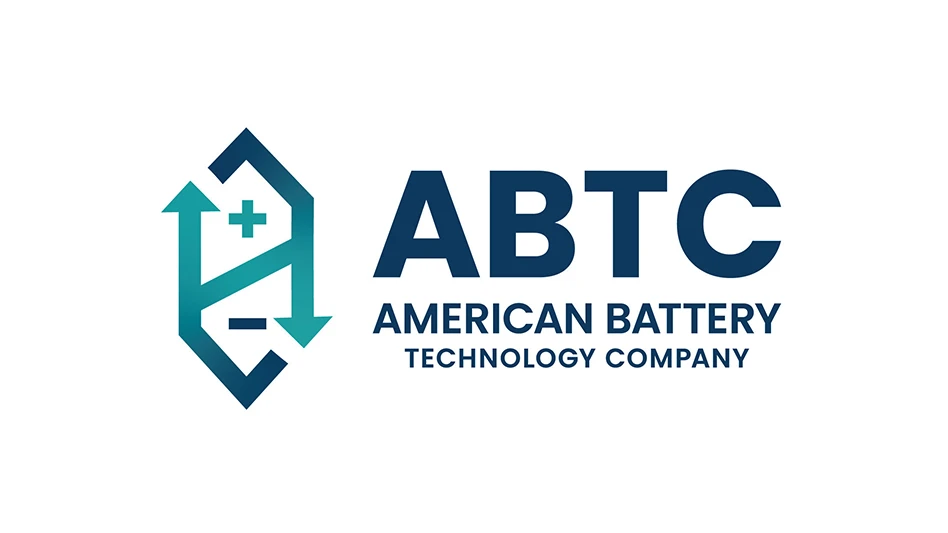 When a truck in his company’s fleet goes down, Jim Doerr does not break a sweat because it is just one of a number of vehicles the company operates. However, if his paper baler shuts down, so does his entire operation.
When a truck in his company’s fleet goes down, Jim Doerr does not break a sweat because it is just one of a number of vehicles the company operates. However, if his paper baler shuts down, so does his entire operation.
Doerr owns Proshred Security, an off- and on-site document destruction, hard drive destruction and paper shredding company located in the Philadelphia area.
To have more control over the material the company shreds, Doerr says he and his wife started G2J Baling in 2011. That expansion reintroduced Doerr to Jeff Dietterich, president of Advanced Equipment Sales (AES), Souderton, Pennsylvania.
Doerr purchased a Balemaster baler from AES and included preventive maintenance services as part of the package. He says contracting for certain aspects of the company’s necessary equipment maintenance has benefited its budget and daily operations.
“For the baler to operate smoothly, maintenance is the most critical thing,” Doerr says, adding, “The equipment itself is not complex, but the key is to have a good maintenance program.”
Doerr says having AES’ maintenance service available 24/7 year-round has been convenient when he has had questions with his new equipment.
Many of the equipment supplier’s customers work around the clock, and Dietterich says machines can and do malfunction at all hours.
Reliability is the No. 1 reason to keep up with preventive maintenance, he says.
“The baler is the heart of the production. You can’t generate revenue if your baler is not running,” Dietterich says. “Malfunctions would bring your production to a standstill.”
Dietterich continues, “By hiring an outside contractor, you will have a higher level of expertise; therefore, having outside maintenance services would certainly increase your reliability” while also decreasing an operation’s downtime, he says.
Skilled service
Doerr says a higher level of expertise isn’t needed daily, which is why G2JBaling performs most maintenance on its machines in-house. The company has one maintenance operator who performs daily inspections on shredders, a hard drive destruction machine, balers and conveyors, which Doerr then reviews. From ensuring oil reservoirs are at their proper levels to confirming the dust collection systems have enough capacity to handle a day’s work, the company’s equipment is checked constantly, he explains.
“Every day is a lot of cleanup,” he says.
Doerr adds, “The semiannual and annual maintenance we contract for is useful because you can deal with the more subtle issues that we wouldn’t see on a day-to-day basis or that we don’t have the expertise to see. We like to bring in another set of eyes because we’re looking at it every day.”
|
Personalized programs Recycling operations must decide if maintaining their equipment should be done in-house or by contracting with a company that specializes in this service. Some companies opt for a combination of these two options, creating their own preventive maintenance programs while relying on an outside provider to handle the bigger maintenance concerns over time. For budgetary purposes, Mickey Vittorio, operations manager for the Indianapolis branch of RECO Equipment Inc., headquartered in Belmont, Ohio, says contracting with a company to perform preventive maintenance regularly can help to control costs. Contracting for these services also can be done more efficiently, as most companies will tailor a program to a company’s needs and budget. Vittorio describes how for some customers RECO provides the filters, while the customer provides the oils. “Customizing for what their needs are with the maintenance is important,” he says. RECO has some customers that prefer to perform the smaller maintenance service hour increments, such as every 250 hours or every 500 hours, in-house and depend on contracted service providers to step in during the 1,000- and 2,000-hour services. “We try to tailor to the frequency and the specific maintenance needs of our customers,” says Jeff Dietterich, president of Advanced Equipment Sales (AES), based in Souderton, Pennsylvania. |
When AES visits G2JBaling every six months and then again annually, Doerr says those trained workers drain and filter hydraulic fluids that are sent to a diagnostic center to test for contaminants in the oil. The skilled technicians seal leakages and align parts of the machines.
AES also stocks spare parts for its clients, relieving its customers of that responsibility, Dietterich says.
He explains, “Unless you have and are willing to train and maintain resources in-house, then you’re much likely better off to have a contract service for maintenance, just because it’s an area of specialization most of our clients don’t have in-house.”
For recyclers, the task of training new employees in maintenance positions is eliminated, as is the associated overhead, says Skip Anthony, vice president of sales and service for American Pulverizer Co., based in St. Louis.
American Pulverizer also offers its customers 24-hour contact and daily maintenance support as well as emergency rebuild capabilities, a full manufacturing plant and a vast inventory of spare parts, Anthony says.
He says using an outside service to take care of preventive maintenance ensures a skilled worker is involved and helps to keep equipment operating at “optimal levels.”
“By contracting, you always have knowledgeable people doing the same operations of maintenance day in and day out. You’re not trying to find people in your own staff who are not proficient at this work,” Anthony says.
Mickey Vittorio, operations manager for the Indianapolis branch of RECO Equipment Inc., headquartered in Belmont, Ohio, says contracting with companies like his for preventive maintenance can “prevent catastrophic failures.”
Certified technicians have a strong eye to spot the start of problem, Vittorio says. They can monitor equipment over time, noting everything from variations in oil samples to bothersome bearings.
“There are different amounts of services that need to be completed at different intervals, and a plus of using a dealer is they have access to those technical specifications,” Vittorio says.
He adds, “With preventive maintenance, you’re going to pay for oils and filters, but it’s much cheaper than replacing an engine or a hydraulic pump.”
Costs count
For the long haul, routinely performing preventive maintenance is going to be cheaper than ignoring it, Vittorio states. “Cost is the No. 1 factor” in favor of preventive maintenance, he says.
Dietterich agrees. “There’s a big cost to having a piece of capital equipment go down; that’s literally hundreds of thousands of dollars an hour for a manufacturing process,” he says.
Unplanned stoppages and increased downtime result in higher operational costs, Anthony points out.
“You can’t predict your cost and can’t control the quality that’s going on with your equipment when you don’t take care of things,” Anthony says.
For Doerr in Pennsylvania, contracting with AES has brought G2JBaling’s budget to the forefront. He describes how when he sits down with AES at the end of each annual program, the two go through all of the work performed at the shredder’s operations. If there are upcoming extraneous expenses, Doerr says budgets are discussed further until agreements are made.
“You set your budget accordingly so that you’re thinking about maintenance items and things that wear out every 12 years; we need to be thinking about all of it,” Doerr states.
Extra equipment
The most difficult duty about preventive maintenance is sticking to a schedule, says Mike Sargent, president of Sargents Equipment and Repair Service, a 24/7 year-round repair and services dealership that operates from locations in South Chicago Heights and Gilberts, Illinois.
Sargents Equipment and Repair Service has more than 400 customers located across the country.
“What companies find really hard to do is stick to a plan because of market conditions and shipping schedules,” Sargent describes. “If a paper guy or scrap guy knows that they have to get all of their material in to get top dollar for it, things get put off.”
He continues, “In a lot of cases, the extra revenue you generated from shipping the material you eat up in the maintenance you didn’t do, so what have you really gained?”
Sargent says his company has 28 trained mechanics that travel nationwide to perform preventive maintenance on various recycling equipment for customers. The skilled technicians arrive on site with all of the necessary tools to get the job done, another cost-saving factor for companies, he says.
“From hydraulic wrenches to welding machines and torching equipment, it’s very expensive,” Sargent says of owning the multiple tools required to maintain equipment used in recycling operations.
Sargent says that even if companies do commit to preventive maintenance of their processing equipment, it all comes down to who is performing the service.
“The key is, even if you do stick to your preventive maintenance plan, do you really have the qualified, right person doing that repair or preventive maintenance?” Sargent asks.
The author is associate editor of Recycling Today and can be contacted via email at mworkman@gie.net.
Get curated news on YOUR industry.
Enter your email to receive our newsletters.
Explore the February 2015 Issue
Check out more from this issue and find your next story to read.
Latest from Recycling Today
- Circular by Shapiro releases "5 for Five" sustainability series
- Graphic Packaging set to close Ohio CRB facility
- Ameripen voices support for Maryland EPR bill
- Matalco to close Canton, Ohio, plant
- Maryland county expands curbside recycling to include electronics
- California EPS ban will be enforced
- YKK AP America introduces BetterBillet
- Fresh Perspective: Cameron Keefe






